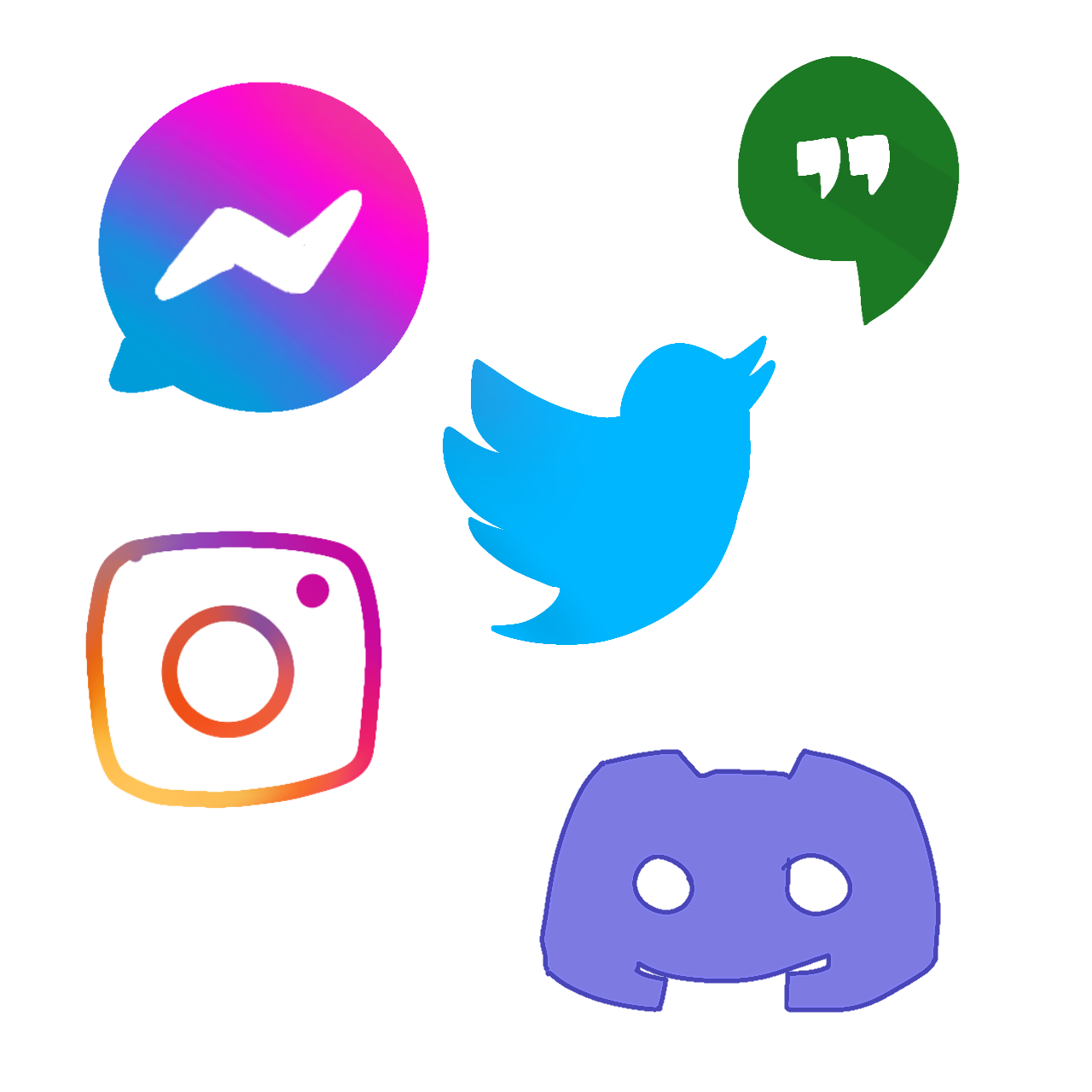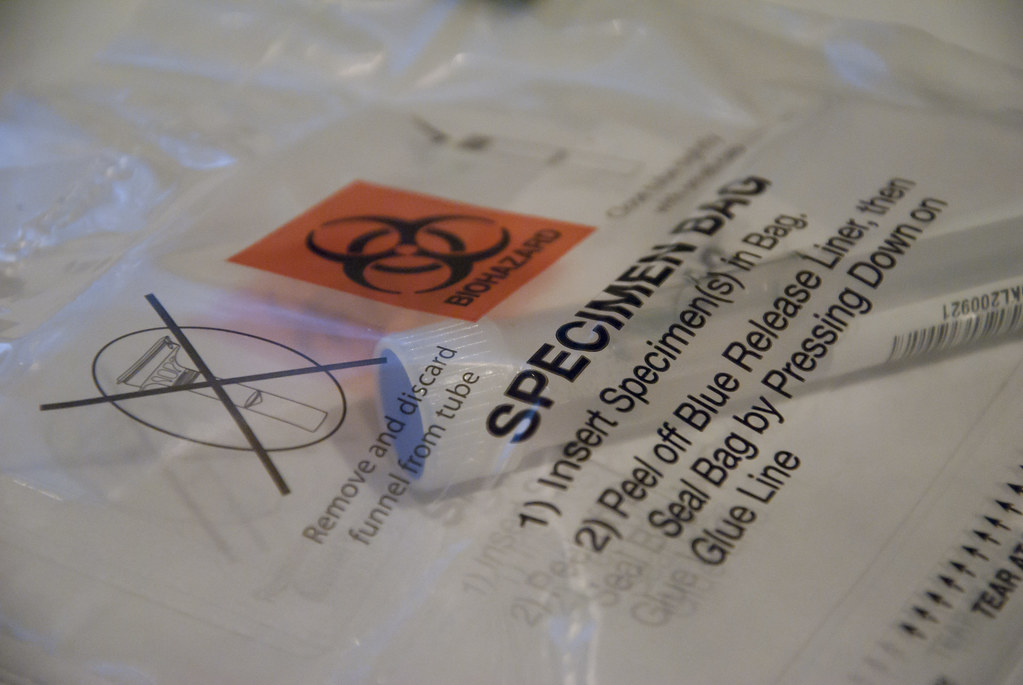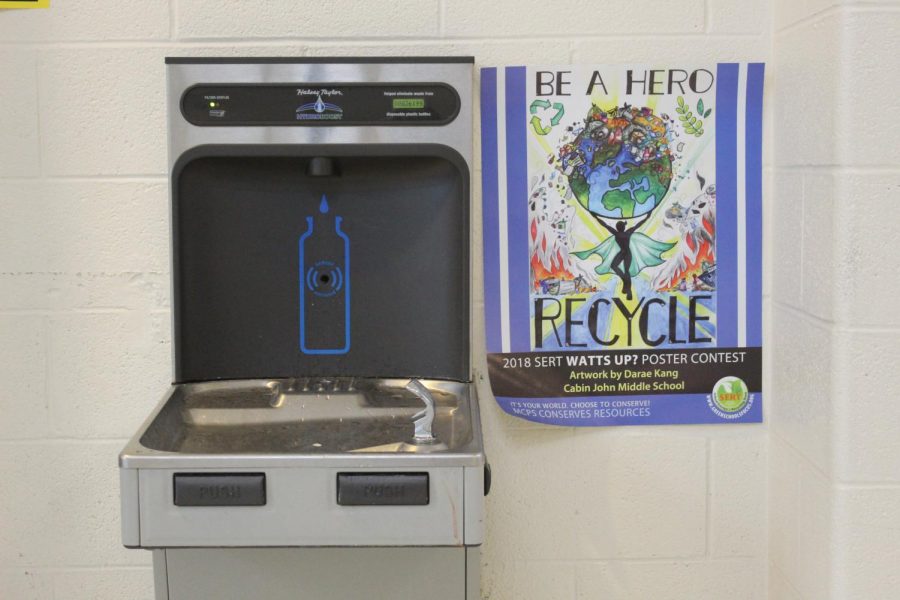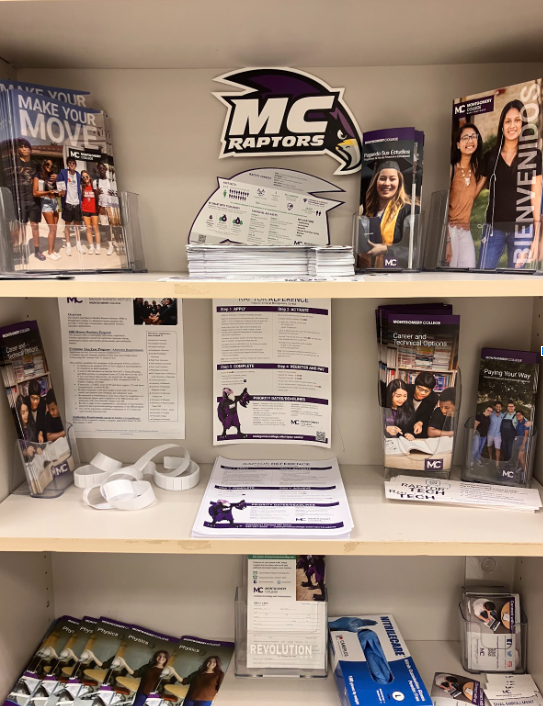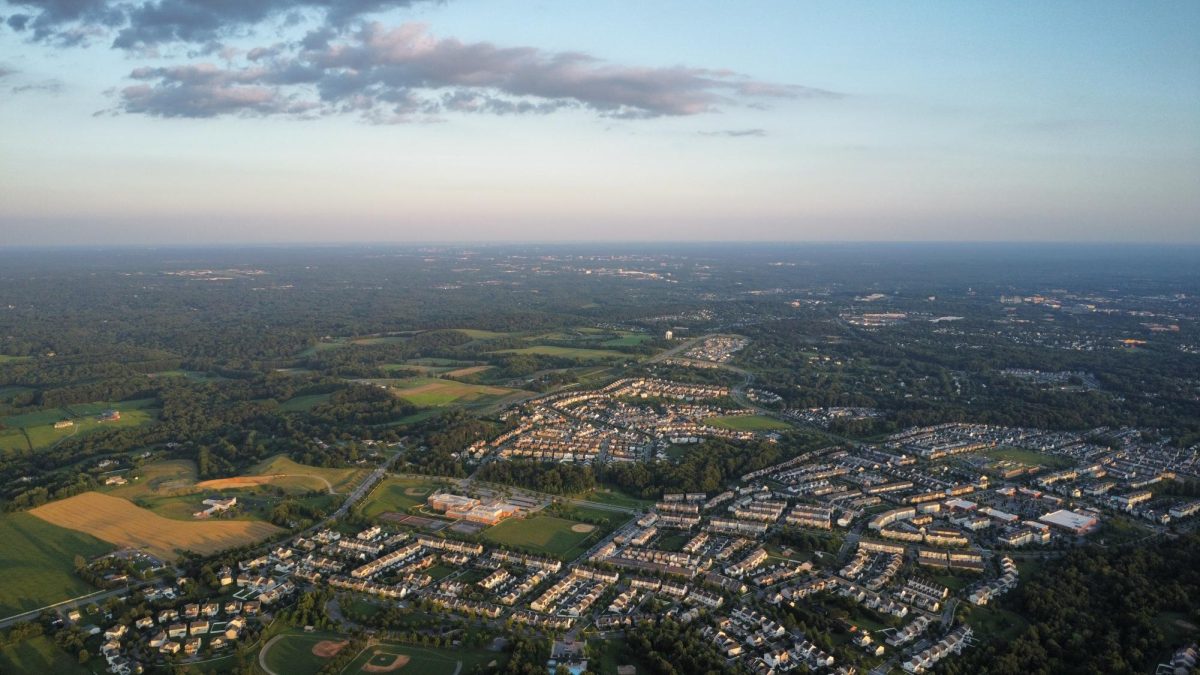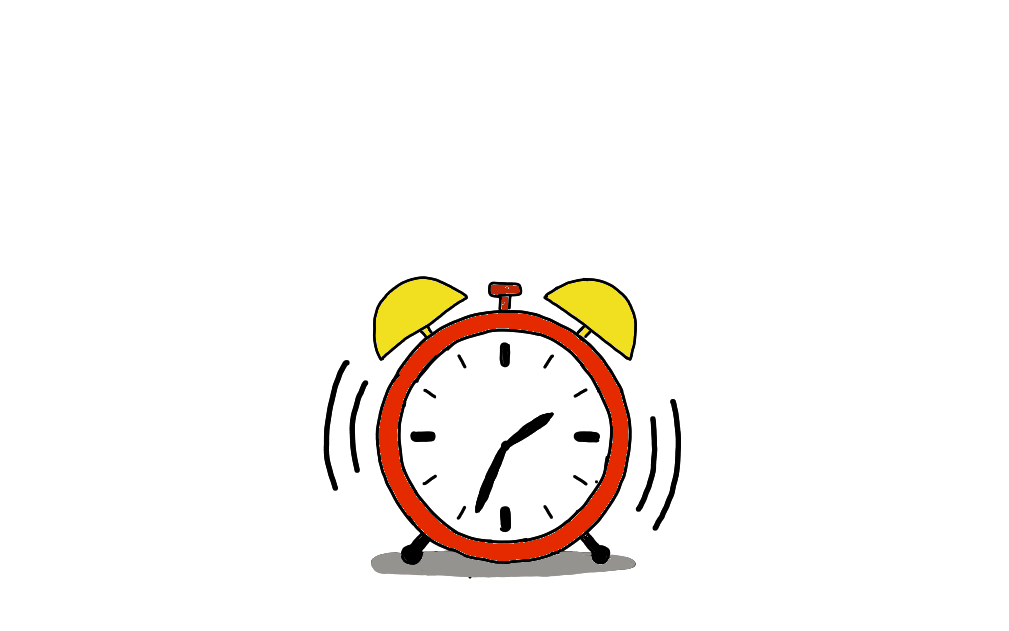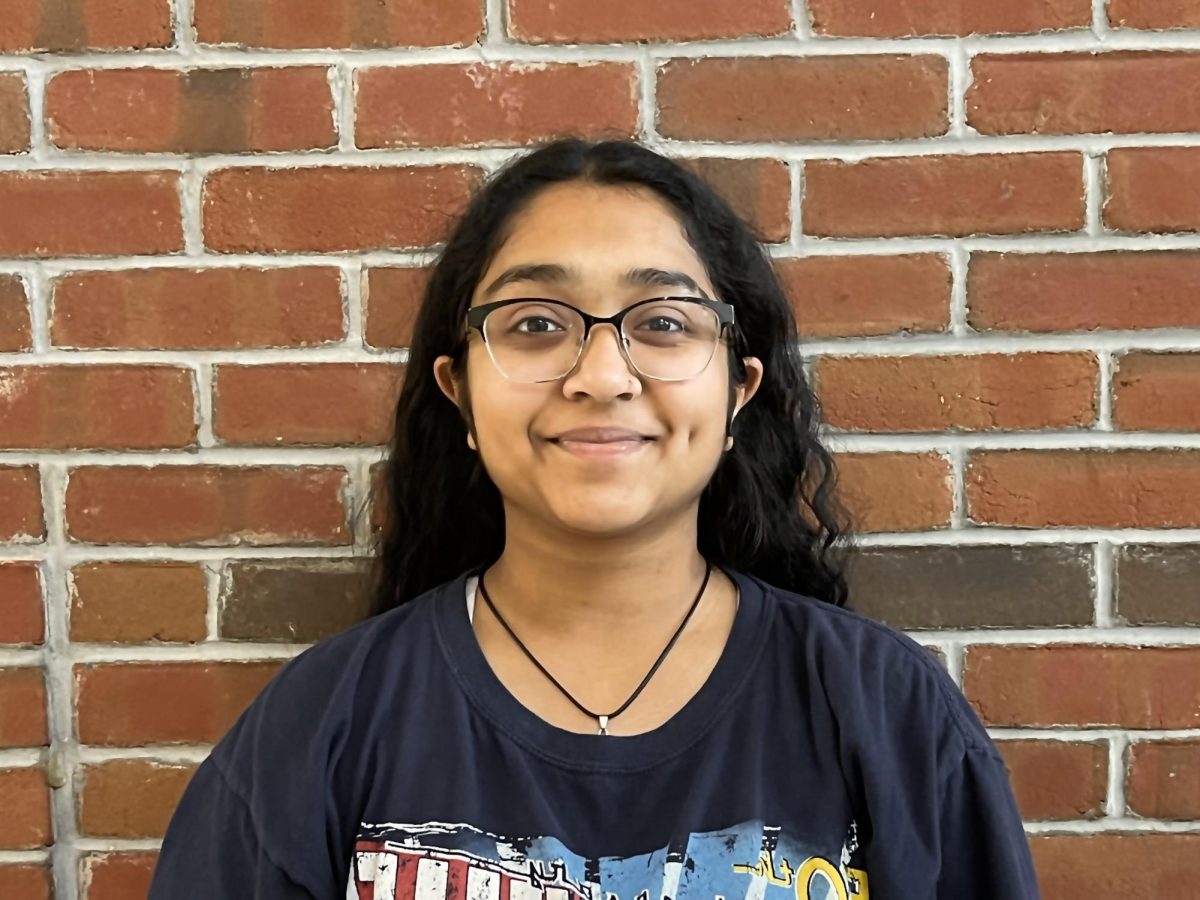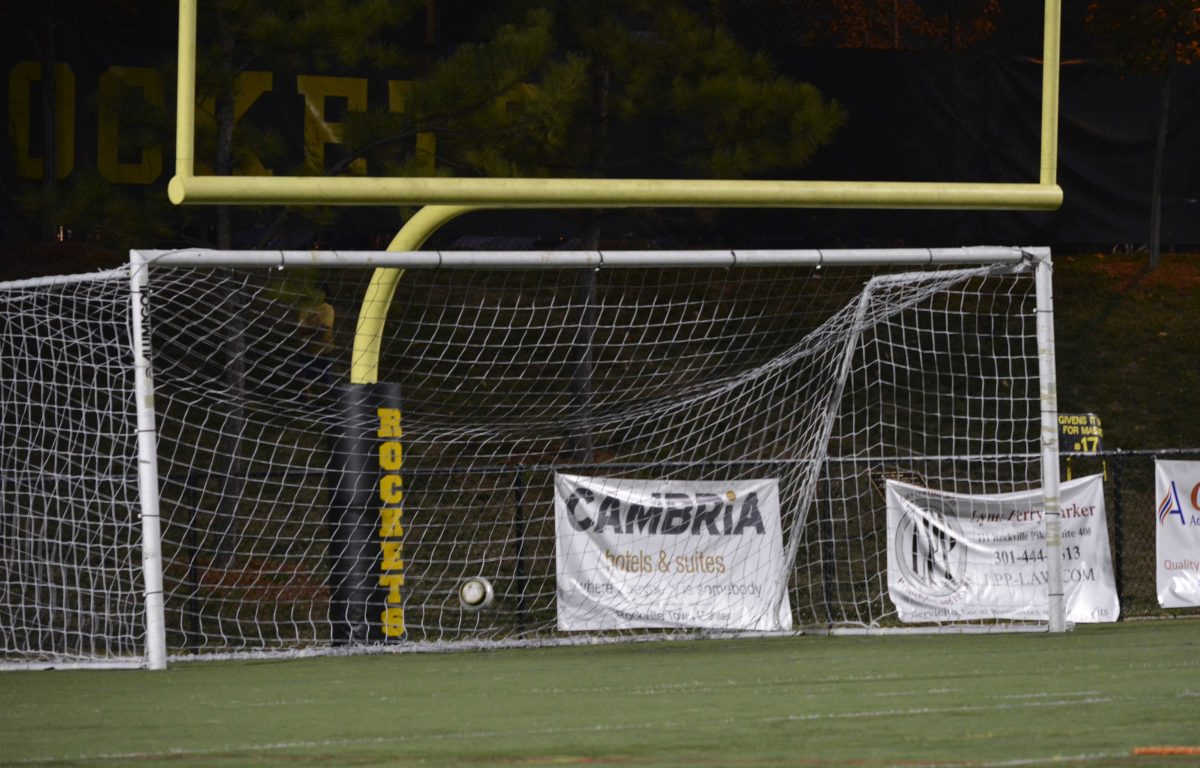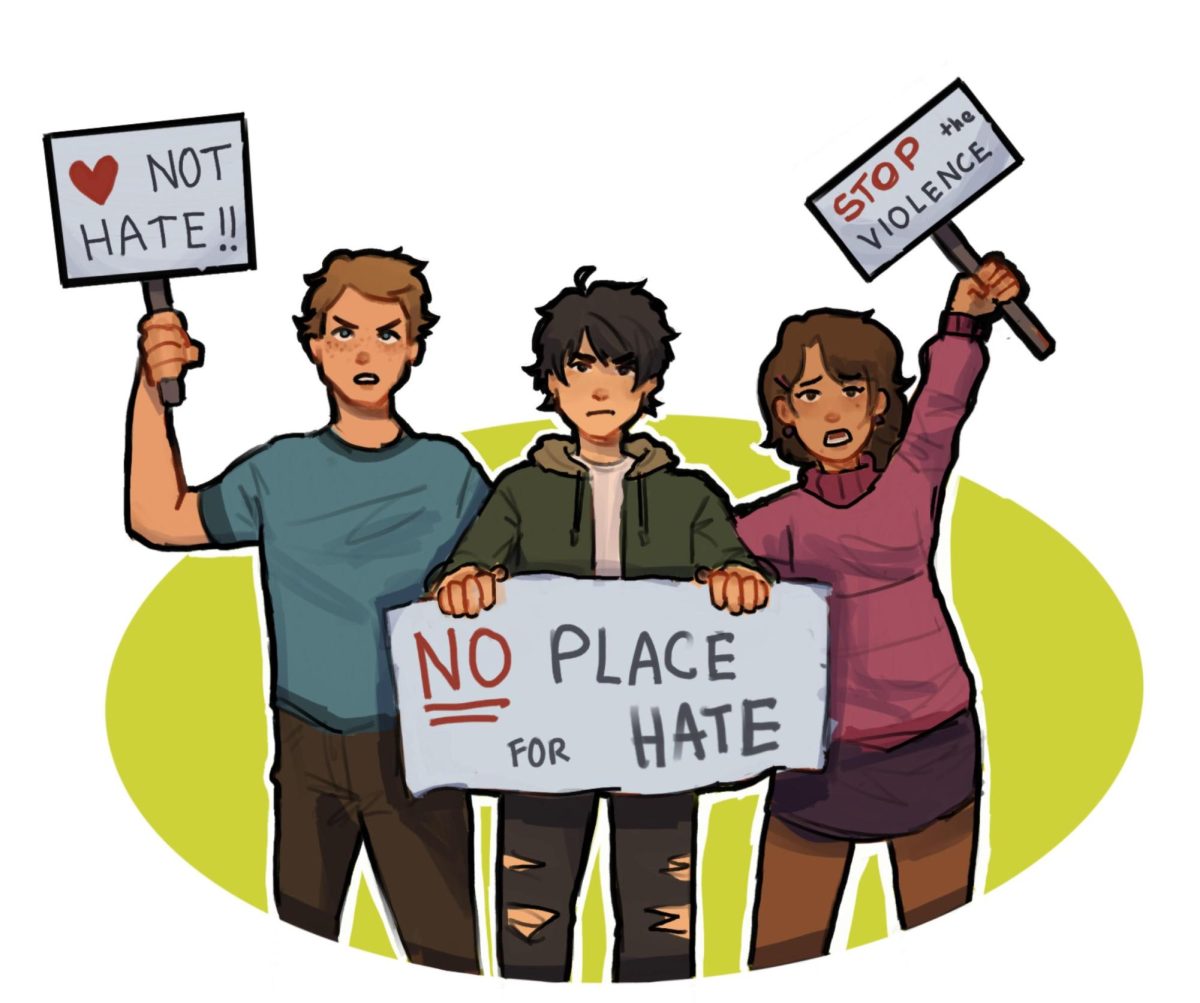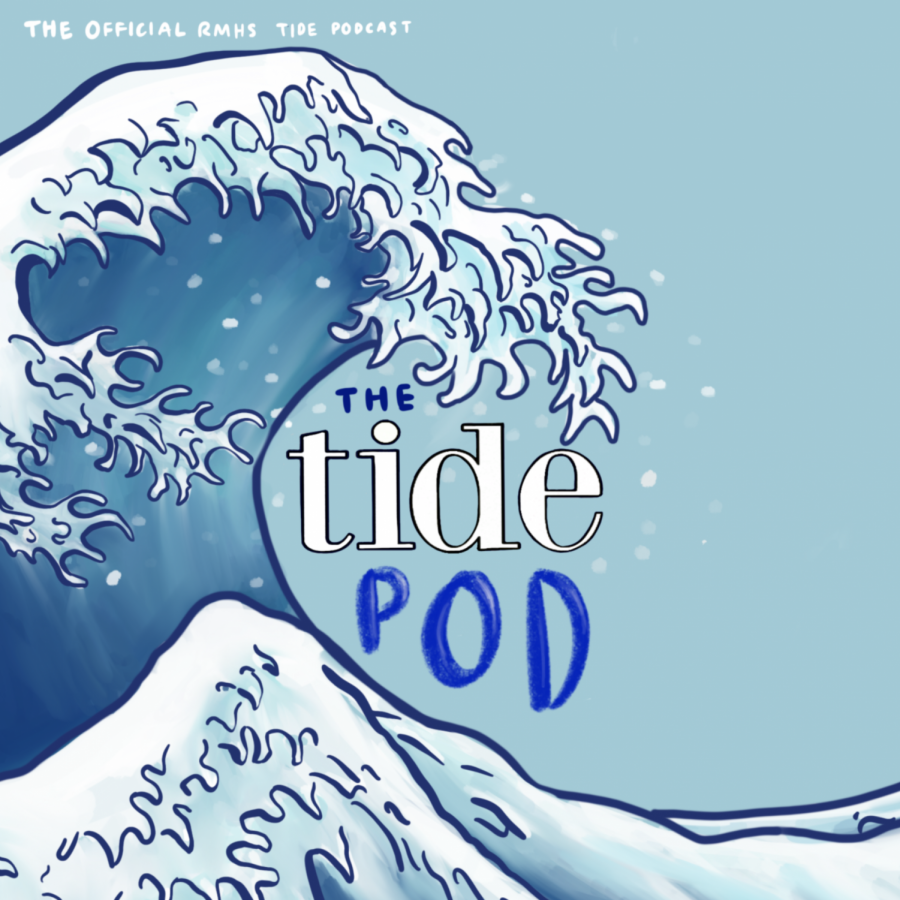As of mid-September, the popular social media app Instagram unveiled a new set of rules set to be rolled out in the United States, United Kingdom and various other regions of the world called “teen accounts.” These accounts enable a series of privacy and control measures which can be only changed or altered with parental permission. While the controls are extensive and will certainly make parents more comfortable with their kids’ social media use, Instagram may have missed the mark with their regulations, and may be deferring responsibility for a social media mess of their own doing.
“Teen Accounts,” consist of a series of regulations which are meant to keep Instagram safer for young minds. Anyone between the ages of 13-17 will automatically be placed in these accounts, and anyone under 16 will require parental approval to change the account settings. These settings include teens only having private accounts, messaging restrictions, sensitive content filters, expletive censoring, a warning to “log off” after an hour, and even a “sleep mode.” While there are obvious benefits to many of these restrictions, Instagram has put itself in an awkward position between teenagers and their parents, and continues to ignore the serious problems of social media usage among teens.
While private accounts and sensitive content filters are admirable and will probably be generally effective, Instagram also said that parents will be able to see who their teens have messaged in the past seven days, and even have options to control older teenagers’ (16+) settings as well. By doing this, Instagram interferes with the often difficult balance of trust between parents and their teens. While there are plenty of reasons to see who your teenager is messaging –bullying, for example– teenagers are also in a vital stage of gradually building independence in their lives. For 15 and 16 year old highschoolers, this constant monitoring seems rather excessive and invasive. Instagram’s new regulation gives parents a tool to circumvent building trust with their children, a vital connection to develop with your teen.
Studies have also shown that stricter parents create more effective liars. Therefore, these restrictions may inadvertently have the opposite effect that Instagram and parents expect, not to mention the potential antagonisation of parents in this process.
“I do think that it’s important that parents have a degree of control over their kids and social media, but I think 16 is too old of an age to have parents be like, controlling a kid’s account,” senior Samiksha Mahashetty said. In terms of independence, Mahashetty also sees error in Instagram’s plans. “I think 14 or 15 should be the max, because after that point, kids should be able to… take care of their own accounts, and sort of develop their own sense of independence, even when dealing with their own accounts of social media.”
Additionally, some of Instagram’s promises surrounding the restriction of social media use for these “Teen accounts” have proven hollow. Teens will be “suggested” to turn off Instagram after an hour, and while there are further parental restrictions regarding time, this is a rather weak regulation. Many teenagers are addicted to social media, and weak “suggestions” will do little to slow the abuse of social media. By making regulations such as these, Instagram takes no responsibility for creating this crisis in the first place. Many teens will readily admit to spending too much time on social media. For teens in general, social media is linked to depression, low-self esteem, poor sleep, and a series of other issues.
By deferring many of these decisions regarding social media to parents, there is no acknowledgment of the real problem: the structure and system that Instagram has created. Instagram and other social media sites have been proven to have encoded their sites to create similar neurological reactions as the usage of recreational drugs. Parental controls will certainly keep teens away from dangerous users and inappropriate content. But, how much will parental controls fix the problem of its overuse? The answer is unclear.
In terms of parental opinion, AP Psychology and IB Social and Cultural Anthropology teacher Mr. Carlos Montalvan will face difficult decisions regarding technology as his younger kids get older. Restrictions or not, they will be off social media for a while: “[I]t’s clear that social media has a negative impact, to some extent, on teenagers’ mental health. You see what people might think is the standard of beauty, or what teenagers should be or should be doing, and that comparison effect, I think, is problematic, right?” Mr. Montalvan said.
Problematic indeed. If parents truly want to keep their kids safe and healthy, perhaps they should prohibit their use of Instagram and other social media sites altogether. While Instagram makes the future for social media more encouraging, these restrictions may only worsen teenagers’ relationships with parents and behavior, while social media’s real problems are pushed into the background once again.
If you would like to voice your opinion on an issue you feel is relevant to our community, please do so here. Anyone is able and welcome to submit a Letter to the Editor, regardless of journalistic experience or writing skills. Submissions may be published either online or in a print issue.


